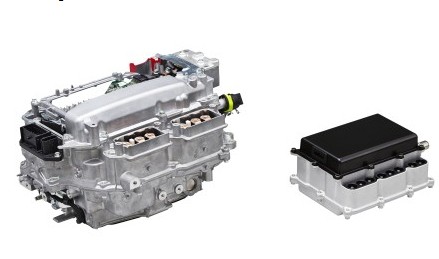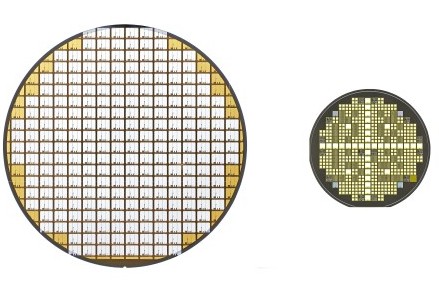Abstract Toyota Motor Corporation of Japan announced that it has jointly developed a new silicon carbide power semiconductor technology with Denso for automotive power control units (PCUs). Toyota plans to conduct this new PCUs road test in Japan for a period of time...
Toyota Motor Corporation of Japan announced that it has jointly developed a new silicon carbide power semiconductor technology with Denso for automotive power control devices (PCUs). Toyota plans to conduct this new PCUs road test in Japan for a period of one year. The development of silicon carbide power semiconductors aims to increase the fuel efficiency of hybrid vehicles by 10% and reduce the size of existing silicon-power semiconductors by 80%. Toyota's research was supported by the JC08 project of the Ministry of Land and Resources and the Ministry of Transport and Tourism. Silicon carbide power semiconductors have lower power losses in switching and can provide sufficient current at high frequencies; coils and capacitors account for nearly 40% of the space size of PCUs, with the application of new silicon carbide power semiconductors The size of the PCUs will be greatly reduced.

Left: PCUs for silicon-power semiconductor materials. Right: PCUs for silicon carbide power semiconductor materials
Since the establishment of the Prius project for gasoline-electric hybrid vehicles in 1997, Toyota has been committed to the development of power semiconductor technology and the improvement of fuel efficiency of hybrid vehicles. Since the performance of silicon carbide materials is superior to silicon, the Toyota CRDL project and Denso have jointly developed the application of silicon carbide in PCUs power semiconductors for hybrid vehicles. In the previous JC08 project test, silicon carbide power semiconductor materials successfully increased fuel efficiency by 5%.

Left: wafer of silicon-power semiconductor material. Right: wafer of silicon carbide power semiconductor material
The quick stacking door has many functions such as heat preservation and cold preservation, insect and wind prevention, dust insulation and sound insulation. Widely used in underground parking lots, industrial plants, food, textiles, electronics, printing and packaging, automotive assembly, precision machinery, logistics and warehousing and other places.
Automatic Stacking Doors,High Speed Security Door,Rapid Stacking Folding Door,Automatic Stacking PVC Door
Shenzhen Hongfa Automatic Door Co., Ltd. , https://www.hfautodoors.com